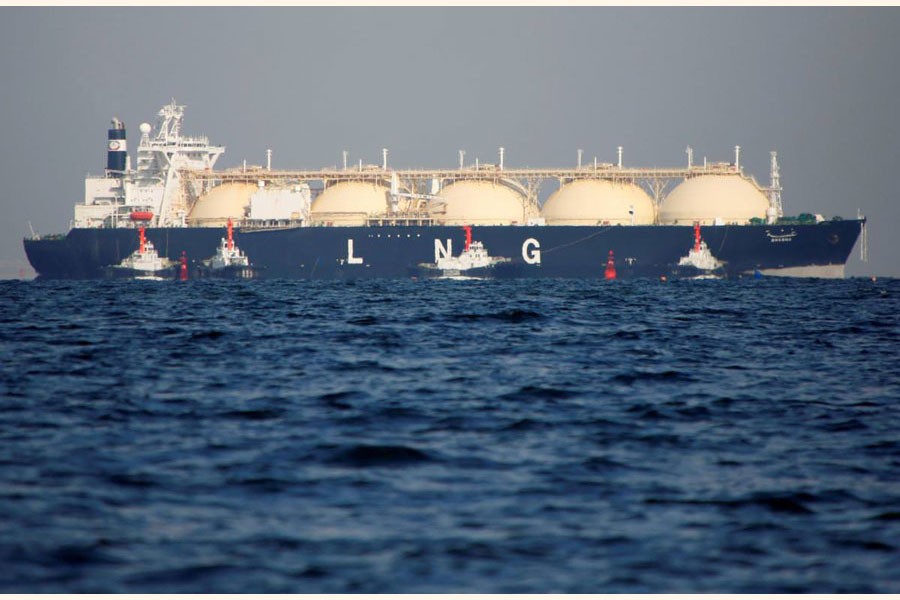Asia's liquefied natural gas market is being distorted as the cost of LNG bought under long-term contracts linked to oil prices jumps to double spot gas cargoes amid tighter US sanctions on Iran's crude exports and cuts in OPEC oil supply, reports Reuters.
The price gap between LNG traded in the spot market and term cargoes linked to benchmark Brent crude oil has stretched to its widest in about 8 years, driving some buyers locked in to term deals to try to delay shipments or look to adjust contracts.
That comes as record supplies of LNG keep spot prices low, while prices under term contracts rise in tandem with oil.
Brent this week hit highs so far for 2019 after Washington stepped up sanctions on Tehran and as the Organisation of the Petroleum Exporting Countries (OPEC) continued to withhold crude supply to bolster markets.
"Anyone buying on a Brent basis and selling on a (spot) basis, for example, is losing money in a big way," said Jason Feer, global head of business intelligence at Poten & Partners, an LNG tanker brokerage and consultancy.
Brent-indexed LNG costs around $10.50 per million British thermal units (mmBtu) at the moment, while the spot price is just above $5 per mmBtu.
Measured by a single cargo on a large LNG tanker, an oil-linked delivery currently costs as much as $120 million, while the same product delivered into the spot market could be available for around $60 million.
"(The wide price spread) is a good example of the risks that are emerging as the LNG market becomes more globalised and commoditised," Feer said, adding that pricing had become increasingly diversified.
Oil-linked term cargoes make up around two-thirds of supply in Asia, the world's top LNG-consuming region. Long-term LNG contracts are typically linked to oil prices as there are no uniform global prices for gas.
"Right now, buyers who have crude exposure are paying up for LNG, while buyers with gas-related or LNG-related exposure are benefiting," Feer said.
The price distortion is driving some buyers in China and Japan to request delays in term cargoes, several industry sources told Reuters, although they added that producers had so far resisted making large concessions.
Others are looking to utilise so-called downward quantity tolerances (DQT) in their term contracts from LNG sellers, three of the sources said, requesting anonymity as they were not allowed to talk about the specifics of contracts in public.
DQTs are standard provisions allowing buyers to purchase less LNG than their full annual contract quantity, without incurring penalties.
Saul Kavonic, head of energy research for Australia at Credit Suisse, said the gap in term and spot prices could pressure gas buyers to try to renegotiate contracts with producers.
He also said that LNG from US projects, which is mostly priced off the US gas market, could become more attractive versus other suppliers such as Australia or Qatar, which mainly sell under an oil price formula.
"The current high oil price environment may make US LNG appear relatively more attractive to buyers again when considering the next wave of project developments," Kavonic said.


